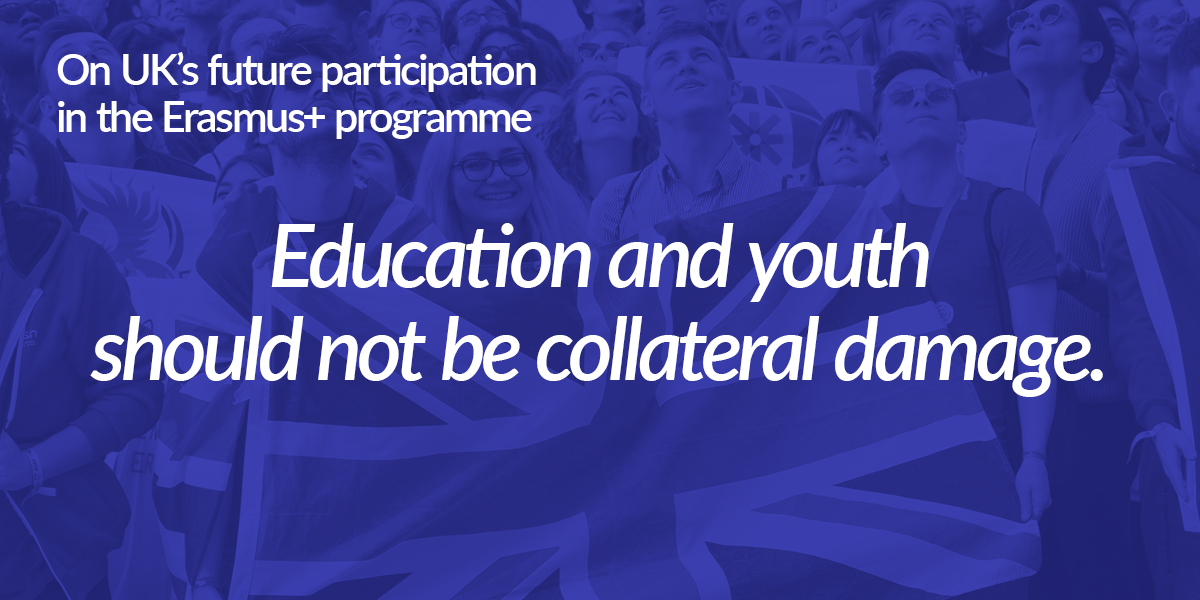
EU and UK student and education sector groups call on negotiators to remember student interest lies at the heart of Erasmus+.
In a joint statement published today, organisations representing UK and EU student groups alongside the UK higher and further education sectors have called on negotiators to compromise on the terms of the UK’s participation in the Erasmus+ programme as part of the overall UK-EU negotiations.
The Erasmus+ programme is the EU’s main education programme that facilitates international mobility between the UK and EU and has to date facilitated over 10 million international mobility opportunities.
As the sixth round of negotiations on the future relationship of the UK and the EU recommence this week, the statement urges both the UK and the EU to renew their commitment to work towards a solution that represents students’ interests and provides a positive outcome for future generations of learners.
The reported progress made on UK participation in Union programmes is welcomed and the groups have urged negotiating teams on both sides to continue this momentum and to not to forget the students, young people and educators that lie at the heart of the programme.
Future access for UK students to participate in the next Erasmus+ programme, which starts in 2021, is at risk should an agreement not be reached, and EU students could also lose the opportunity to study and work in the UK as part of the programme.
Representatives from the main student bodies in the EU and UK in agreement with education sectors argue in the statement that a mutually beneficial agreement on Erasmus+ can be reached, but any failure to compromise would be detrimental to students’ opportunities, particularly combined with the negative long-term impacts of Covid-19.
Vivienne Stern, Director, Universities UK International said:
“It is vital that the UK and the EU are reminded of the mutually beneficial arrangement that is the UK’s participation in the Erasmus+ programme. We urge negotiators to act in the interests of students to agree on a compromise that allows UK and EU students to continue to benefit from life-changing, high-quality international experiences, and that allows students, universities and organisations to develop and further crucial strategic partnerships.
We know that students who study or train abroad achieve better degree outcomes are less likely to be unemployed, and more likely to be in ‘graduate’ jobs six months after graduation.”
For further information and queries, please contact:
Danielle Newey, Senior Communications Officer, Universities UK International | [email protected]
Sabina Achim, Communication Manager, Erasmus Student Network | +32 470 47 22 25 | [email protected]


Follow ESN